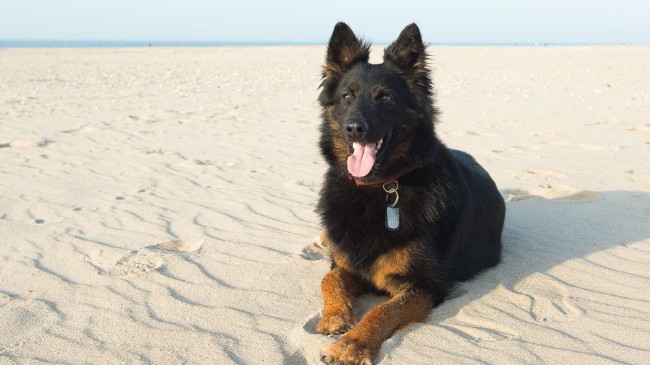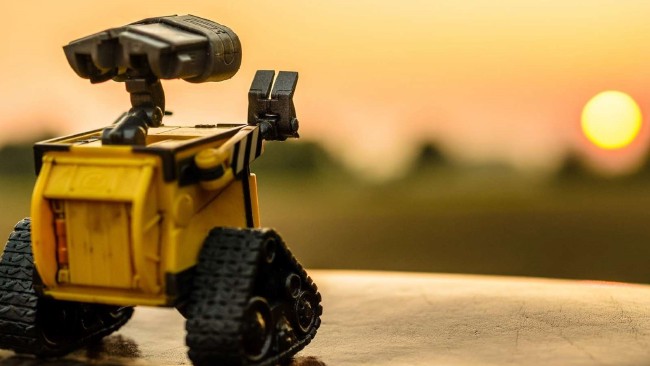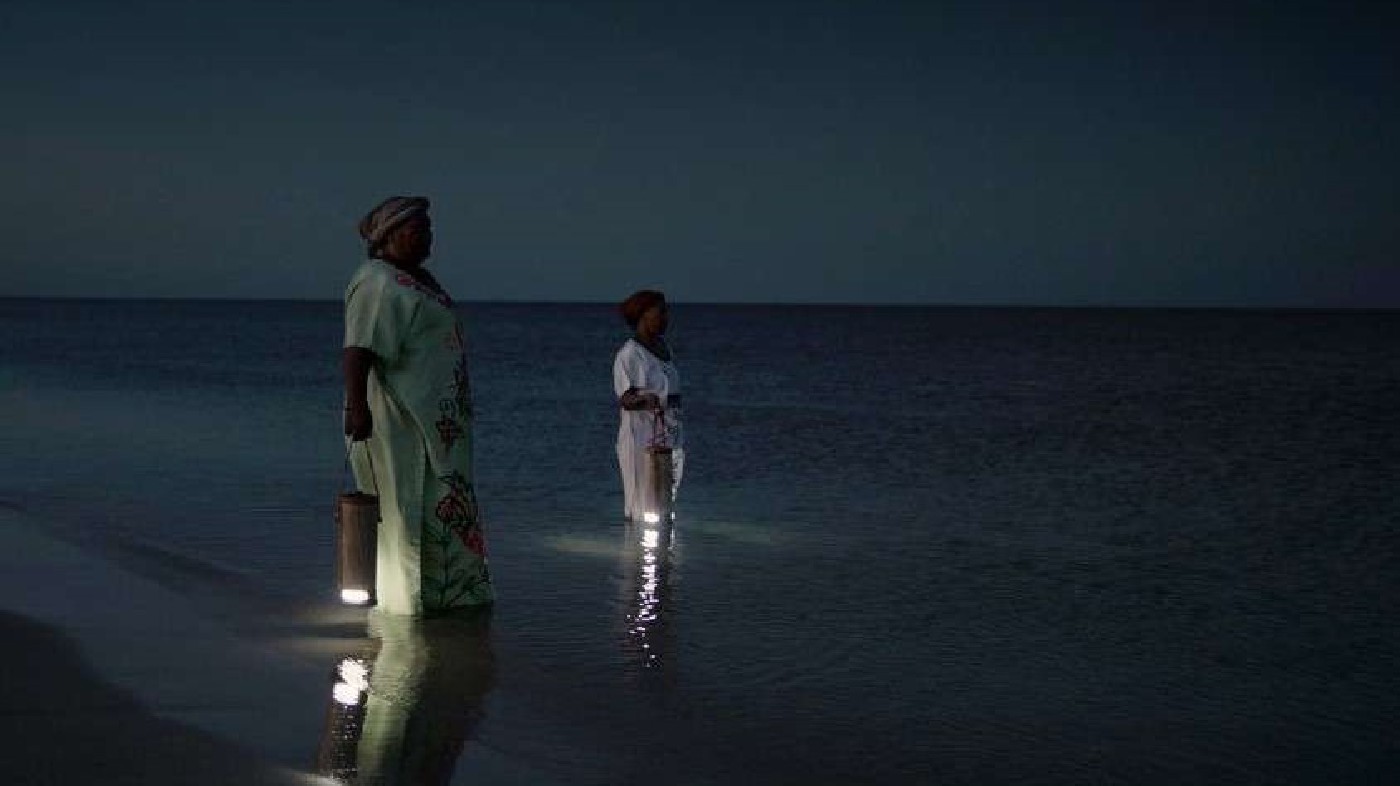
💡 Water Light and Microcapsules
Hola 👋 Did you know? Mozart’s Sonata for Two Pianos in D Major K448 could calm epileptic brain activity and help reduce seizures! Listen to this therapeutic masterpiece here.
📈 Uplifting Trends and Facts
- According to a study, marine life could fully recover its abundance, structure and function by 2050 by mitigating major pressures through sustainable fishing policies and pollution regulation.
- New research suggests that the African tropical mountain forests store far more carbon than we previously thought. Indeed, although these mountain forests have fewer trees than their lowland counterparts, their trees are larger on average, allowing them to sequestrate more carbon.
- Zurich is the first city to require new public buildings to use recycled concrete. The city hopes that others will follow its lead to reduce emissions related to cement production, currently representing 6% to 8% of global emissions.
- A discovery about algae reproduction could help save corals. Researchers hope to create a symbiosis that will boost the corals’ resilience more efficiently by breeding algae instead of focusing on corals.
- UNESCO recently declared “the Amazon of Europe” a Biosphere Reserve. This one-million-hectare area spans 5 Eastern European countries (Austria, Slovenia, Croatia, Hungary and Serbia) and is one of Europe’s richest landscapes in terms of species and habitats.
💡 The Flashlight That Runs on Sea Water
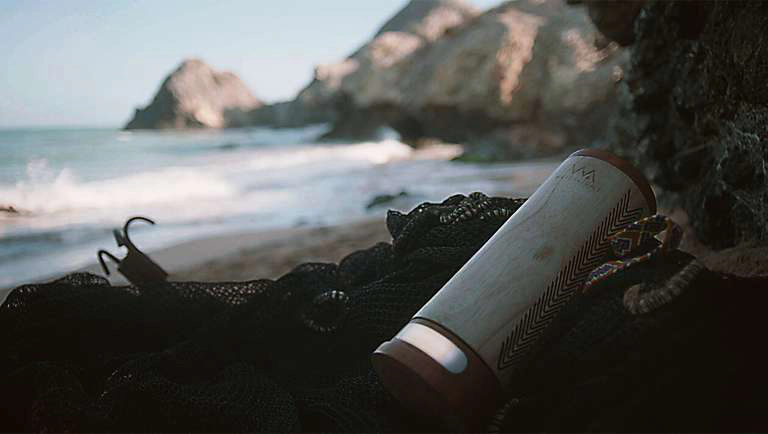
In Colombia, Wunderman Thompson and the startup E-Dina collaborated on WaterLight, a device that can transform half a litre of salt water into 45 days of light.
The technology achieves this feat via the ionization of an electrolyte made up of salt water, transforming the magnesium on the inside into electrical energy - around 500 watts for each litre of water.
Inspired by their artwork, this device underwent a pilot phase in the Wayúu, an indigenous community living on La Guajira peninsula near the Colombia-Venezuela border. The generated electricity provided them with economic opportunities and quality of life. Indeed, it allowed fisherpeople to work at night, kids to do their homework and families to light their homes and charge their phones.
The pilot was a tremendous success. Now, the companies want to scale this concept for many developing nations such as Sierra Leone, Nigeria, Gabon, Somalia and Syria that lack access to energy but do have a coastline.
Why does it matter? According to the World Health Organization, 840 million people worldwide have limited access to electricity, which significantly impedes their ability to work, study and live properly after sunset and stay connected to the rest of the world. Also, electricity demand will increase by 70% by 2035, and traditional fossil fuel reserves should deplete in the next 50 years.
♻ The Startup That Wants to End Microplastics
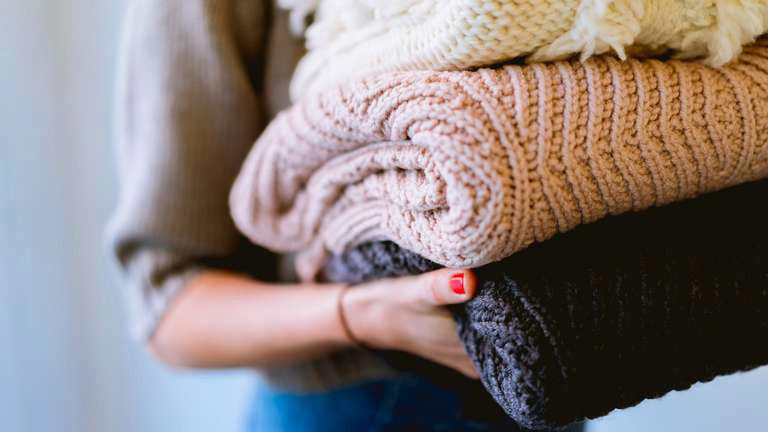
The French startup Calyxia invented the world’s first customizable, advanced and sustainable microencapsulation technology.
The company’s biodegradable microcapsules can prove extremely useful for many industries. For instance, laundry detergent manufacturers use microcapsules to retain fragrance for longer. Also, farmers utilize them to slowly release active compounds, reducing the amount required to treat their crops.
Calyxia’s technology allows for the encapsulation of any ingredient with over 200 different shell materials. Moreover, unlike conventional products, the company’s microcapsules are non-porous, protecting their active ingredients in extreme environments.
Otherwise, Calyxia is developing coatings that would prevent plastic products from eventually disintegrating.
Why does it matter? Microcapsules traditionally contain plastic that breaks up into microplastics. These small pieces of plastic then end up down the drain or in our food, harming aquatic life and our health. Also, industries will have to find alternatives before the EU’s microplastic ban takes effect in 2022.
What can we do?
- A significant part of the microplastics we generate in our day-to-day lives come from our clothes. We can reduce them by running our washing machines with a lower setting to limit the force with which our clothes are thrown around. We can also invest in filters or plastic-free clothes.
- Other sources of microplastics include single-use plastic and car tires. When possible, we could therefore choose reusable containers and take public transportation.
🎯 The Pick
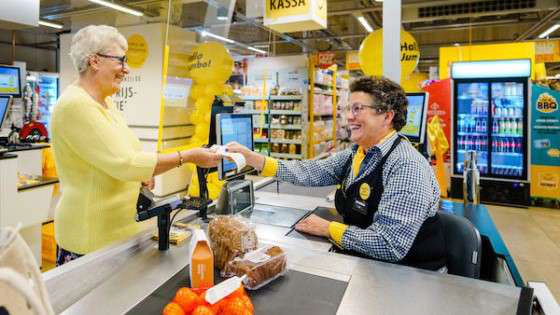
In the Netherlands, the supermarket chain Jumbo opens tills where clients can take their time and chat instead of rushing to pay for their groceries.
This “Kletskassa” (or “Chat Checkout”) initiative is part of the Dutch government’s “One Against Loneliness” campaign that aims to fight against isolation amongst the elderly population.
By this time next year, Jumbo hopes to install chat checkouts in 200 stores across the country, in areas where loneliness is particularly present. Moreover, some stores will feature a chat corner where customers can have a coffee and chat with their neighbours.
Why does it matter? 1.3 million people in the Netherlands (~7% of the population) are older than 75 years, and 33% expressed they felt lonely. Going to the supermarket is one of the rare social interactions they have during their day, so this environment seems like a natural fit to implement such initiatives.
What can we do? Many other initiatives exist worldwide to help us prevent loneliness for our loved ones.
- The younger among us can look for local nursing homes that connect students with the elderly in exchange for affordable accommodation.
- Also, some postal companies offer services where their employees have conversations with people living alone while delivering mail.
- Otherwise, we can set reminders to regularly call our older relatives, who can sometimes be uncomfortable asking for help.
🌍 Meanwhile, Worldwide …
🍌 In Vancouver, the Food Stash Foundation opened the “Rescued Food Market,” a grocery store that only sells surplus food from farms, grocers and wholesalers. Moreover, this market uses a “pay what you feel” model to increase food security and reduce food waste in the area.
🐄 A Swedish startup, Volta Greentech, realized that a particular type of seaweed could reduce cows’ methane emissions by 80%. Indeed, feeding cows only 100 g of this supplement suppresses the enzyme responsible for methane creation, leading to more sustainable dairy and beef farming.
💧 Turbulent Hydro designed eco-friendly water turbines that sit next to rivers or canals. By using vortex technology, these turbines can generate up to 100 kW without damaging the local ecosystem as they allow fish and debris to pass through. Also, they can operate under floods and freezing conditions.
👚 Nav Sawhney, an English engineer, launched the Washing Machine Project to provide displaced and low-income communities with an accessible, off-grid washing solution. The goal is to improve the well-being and livelihood of the people (usually women) that handwash clothes in these communities.
🔋 Researchers from the Monash Energy Institute discovered that sugar is highly effective in stabilizing lithium-sulphur batteries, a lighter and more sustainable alternative to the traditional lithium-ion batteries. This discovery opens new horizons for this next generation of batteries that store 2 to 5 more energy than the current ones.
😍 Wholesomeness
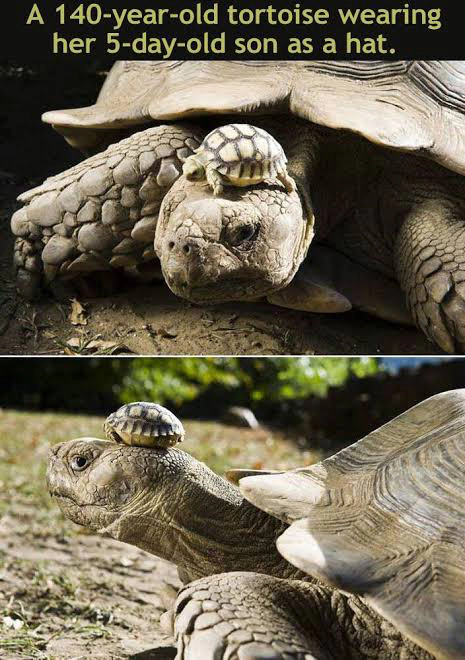
That’s a wrap. If you enjoyed this newsletter, please share it with your friends! For any feedback, reach out and drop a comment here or on our social media platforms :-)
Have an amazing week ahead 💗
Related Posts
🥭 Desert Food and Tyre Furniture
Bonjour 👋 Did you know? Looking at photos of adorable animals not only makes you feel better but can also make you more productive, thanks to “a narrowed attentional focus induced by the cuteness-triggered positive emotion.
🌤 Solar Domes and Filterless Purifiers
Oi 👋 Did you know? Multiple studies show natural forest regeneration is cheaper, sequesters more carbon, and maintains more biodiversity than hand-planted reforestation.
💧 Mars Robot and Smart Wheelchair
Bom dia 👋 Did you know? Living near a variety of different birds can bring as much happiness as a salary augmentation.

